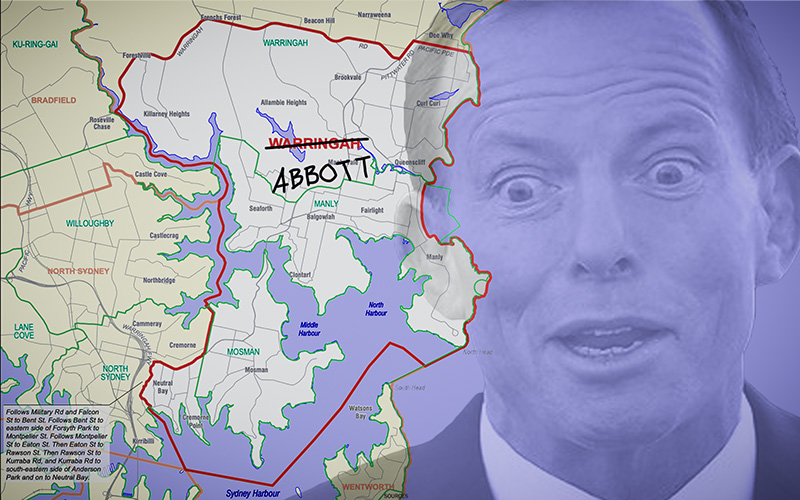
This post was originally published on Michael West Media.

This post was originally published on Michael West Media.
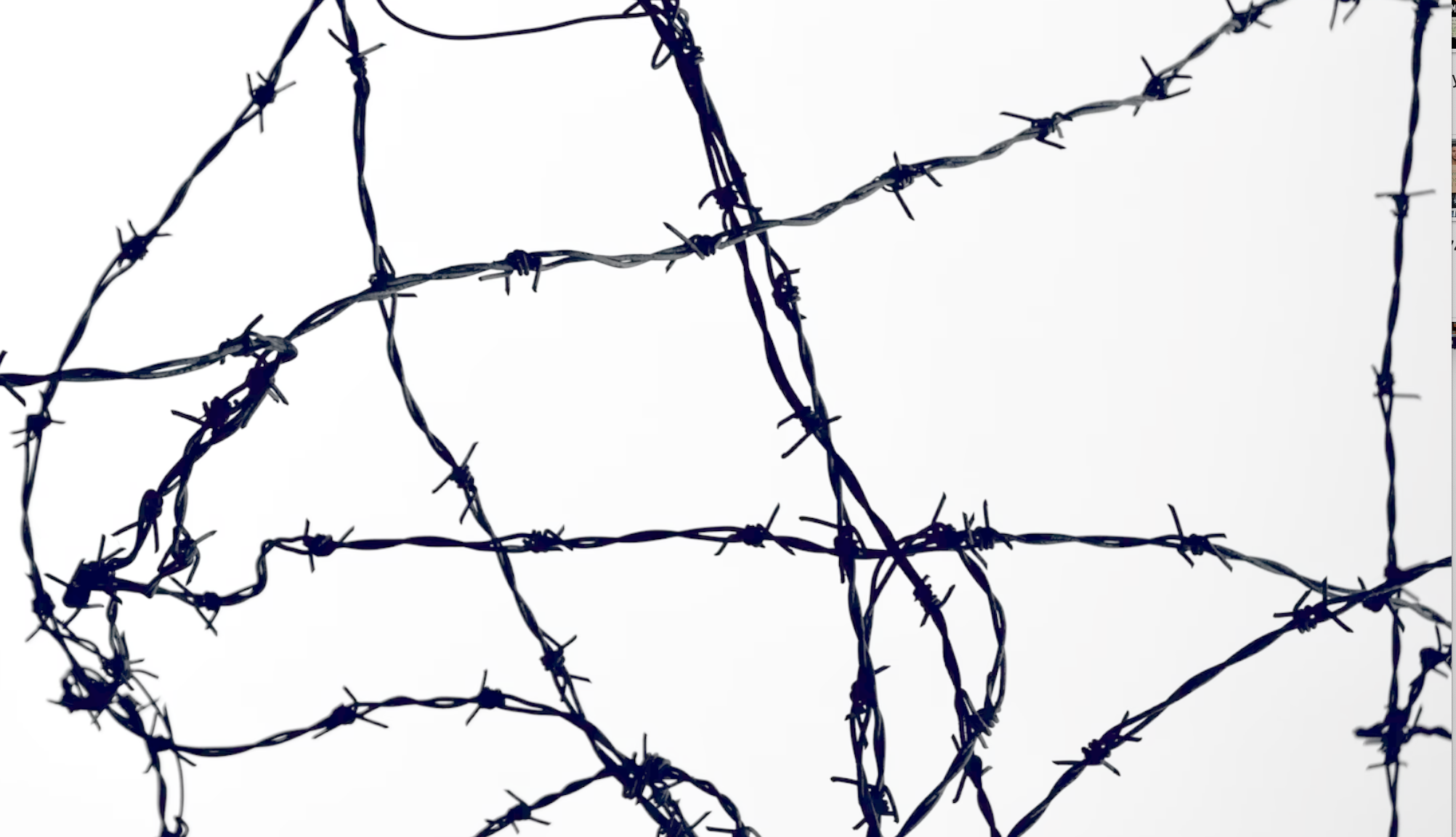
This post was originally published on Michael West Media.
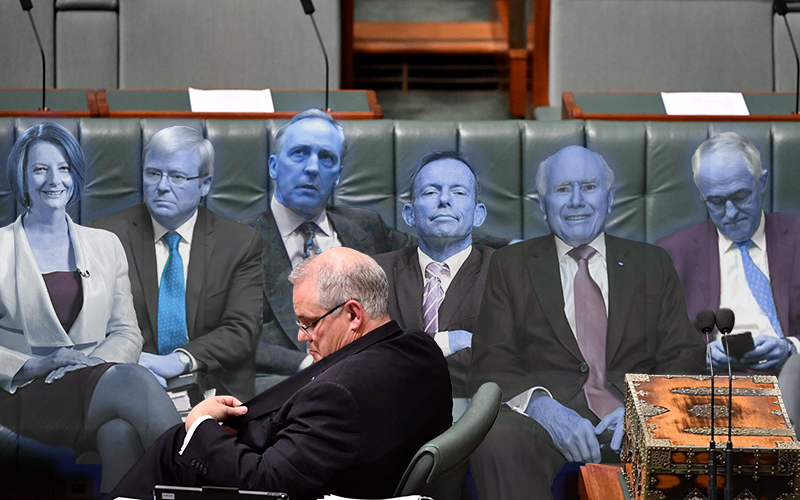
This post was originally published on Michael West Media.

This post was originally published on Michael West Media.

This post was originally published on Michael West Media.
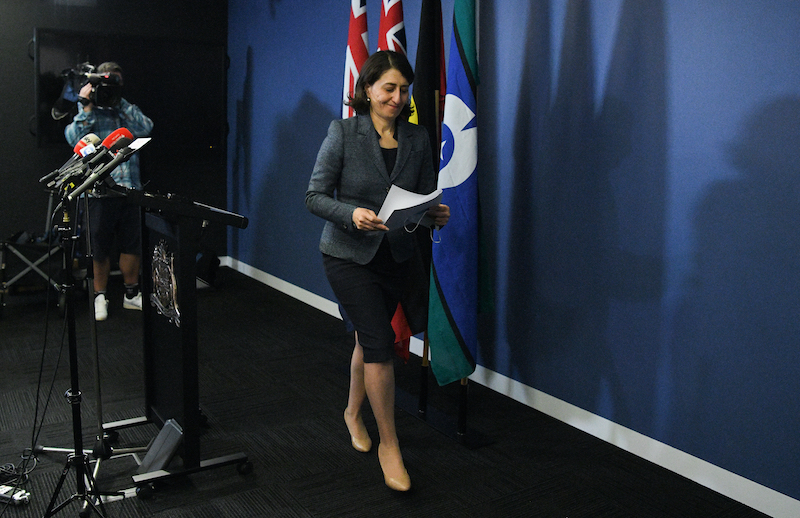
This post was originally published on Michael West Media.
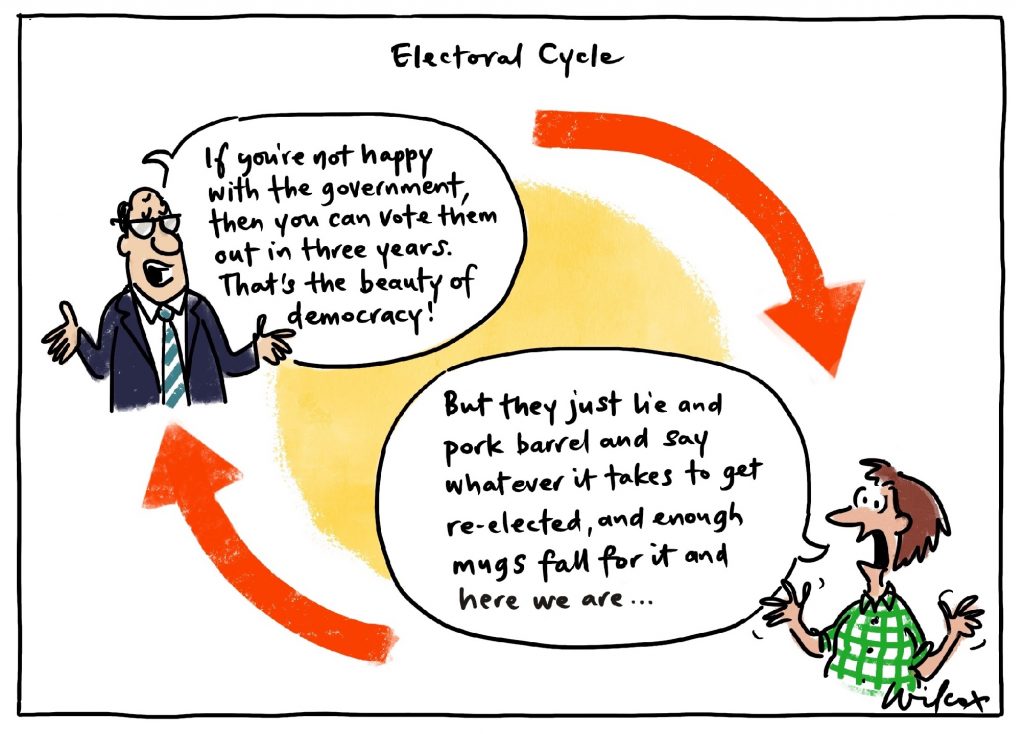
This post was originally published on Michael West Media.
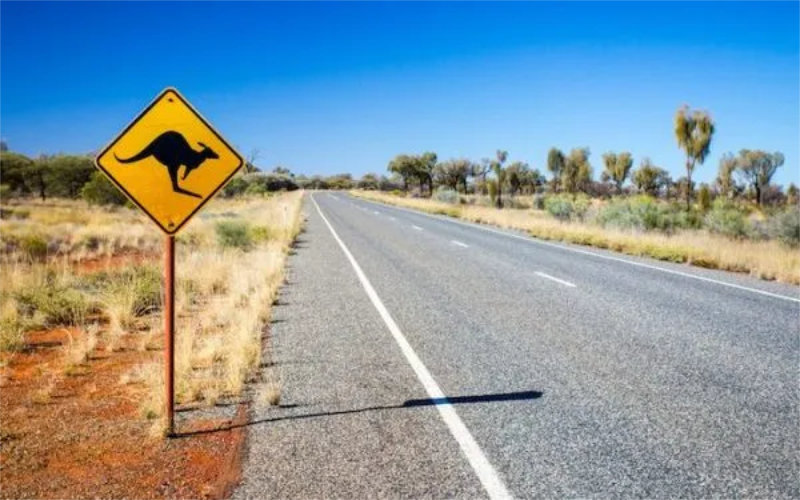
This post was originally published on Michael West Media.

This post was originally published on Michael West Media.
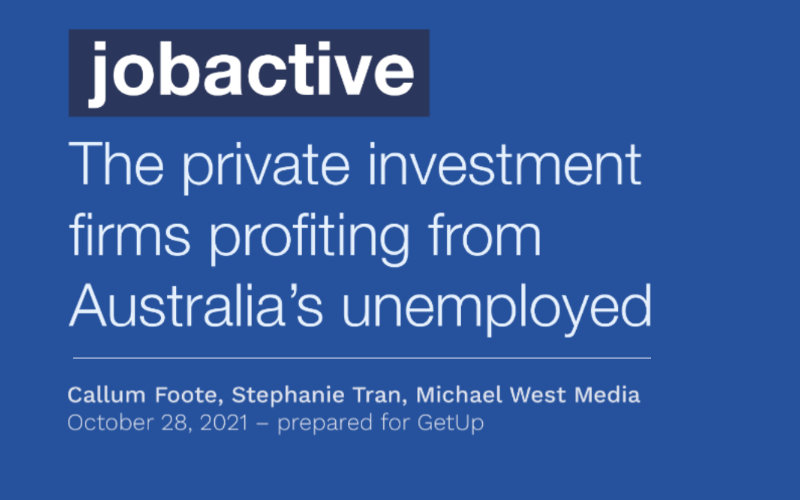
This post was originally published on Michael West Media.
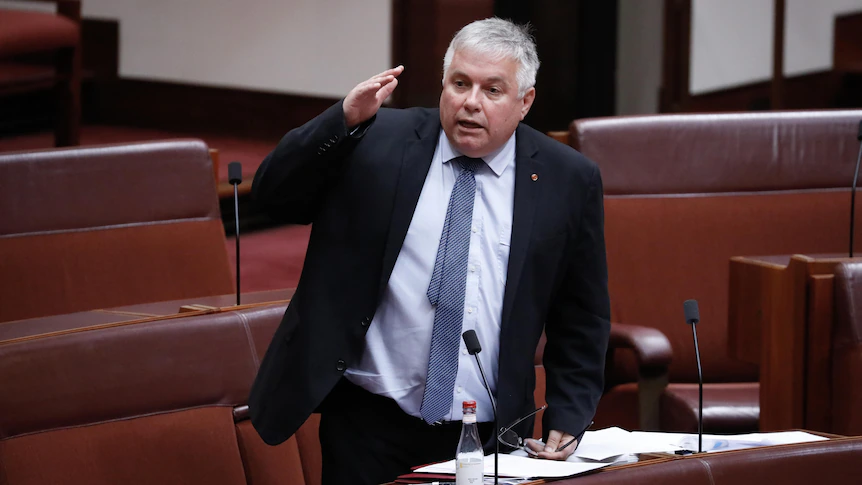
This post was originally published on Michael West Media.
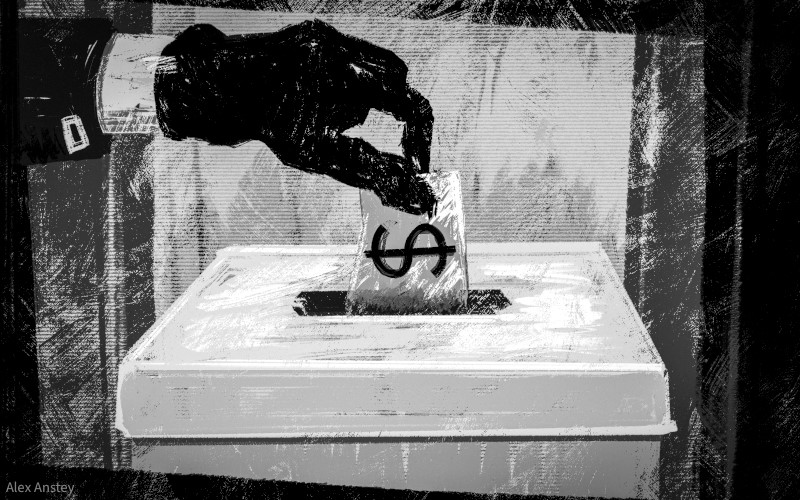
This post was originally published on Michael West Media.
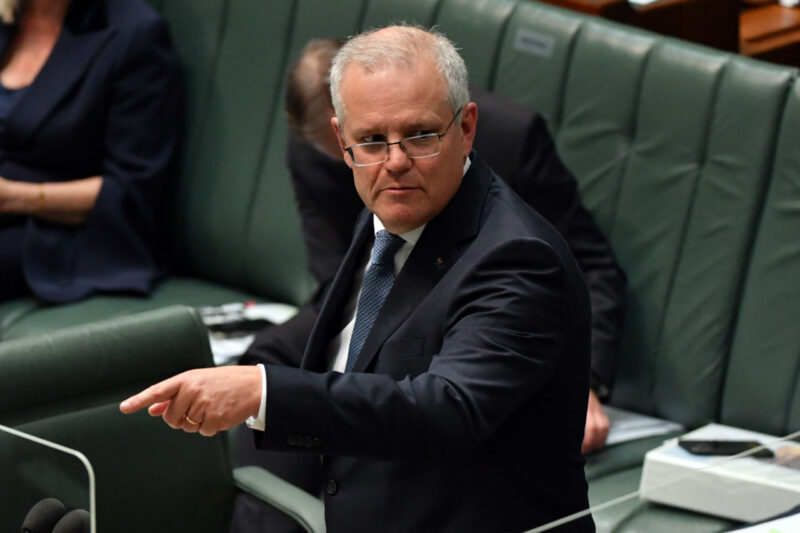
This post was originally published on Michael West Media.

This post was originally published on Michael West Media.
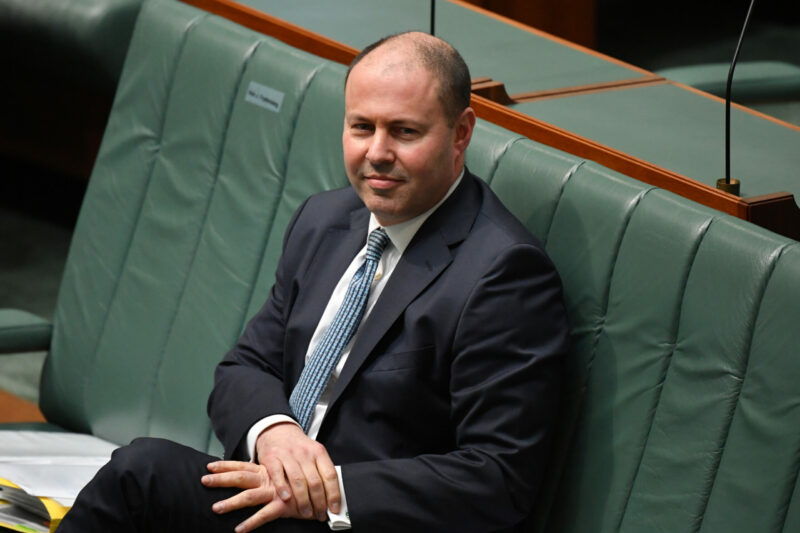
This post was originally published on Michael West Media.
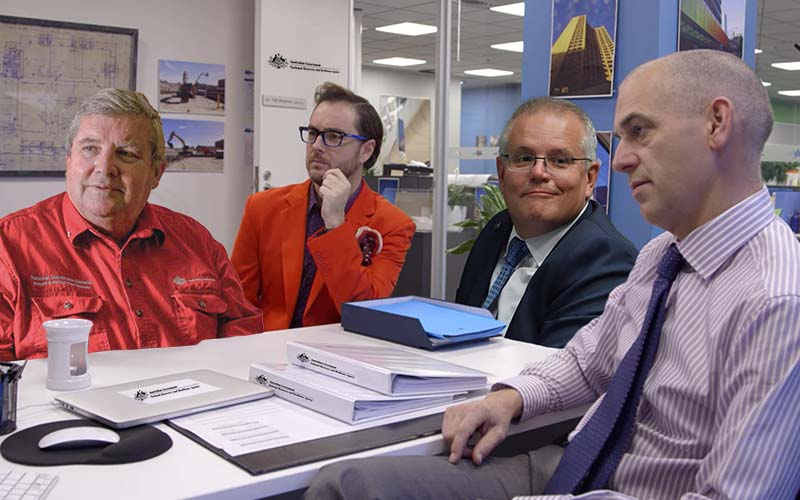
This post was originally published on Michael West Media.
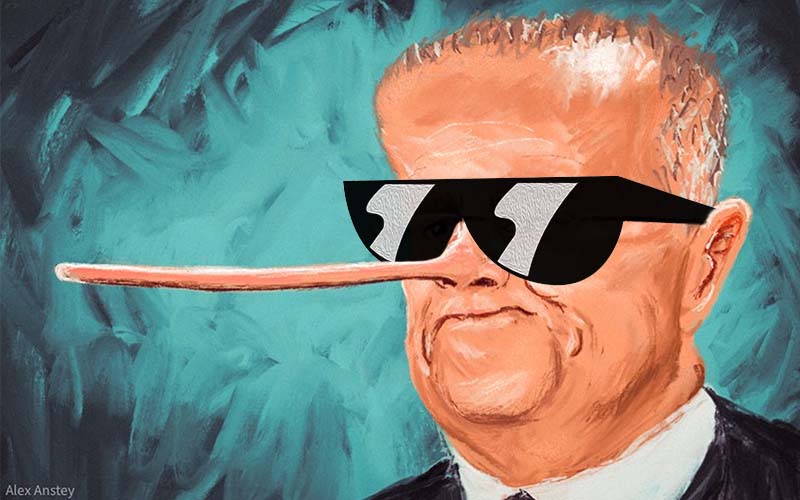
This post was originally published on Michael West Media.
Asia Pacific Report newsdesk
Pacific Islanders believe corruption is a big problem in both their governments and the business sector, says a new report.
About one third of 6000 interviewees across the region believe that most or all members of parliament and staff in heads of government’s offices are involved in corruption, says Transparency International’s Global Corruption Barometer – Pacific 2021.
The survey subjects across 10 countries and territories were asked what they thought about corruption, if they have directly experienced it, and whether things could change.
Transparency International says the result is the most extensive public opinion data on corruption ever gathered in the region.
Corruption was perceived to be worst in Solomon Islands (97 percent) and Papua New Guinea (96 percent), followed closely by the Federated States of Micronesia (80 percent). It is also bad in Vanuatu (73 percent), Fiji (68 percent) and Tonga (62 percent).
Despite more than half of respondents reporting a “fair amount” or a “great deal” of trust in their government to do a good job and treat people fairly, 61 percent believe corruption is a significant problem in their government and 56 percent think it is getting worse.
Impunity also appears to be a problem, with less than a fifth of respondents (18 percent) believing that corrupt officials frequently face appropriate consequences for their actions.
Added to this, only 14 percent believe their government regularly considers them when making decisions.
Bribery common
About one in three paid a bribe
“One of the most significant results was how often ordinary people in the Pacific directly encounter corruption in their daily lives,” says the report.
“Thirty-two percent of interviewees recently paid a bribe to receive public services – a higher rate than any other region surveyed by Transparency International.”
However, rates differ widely by country.
The most common reason given across the region for bribery is to receive a quicker or better public service.
Bribery appears to be a problem across a range of government services, from applying for official government documents to dealing with the police.
Only 13 per cent of those who paid a bribe for a public service reported it. This rises to around 30 percent in Fiji and Kiribati.
‘Sextortion’ also a problem
“Even more worrying is that 38 percent of respondents say they or someone they know have personally experienced ‘sextortion’, where an official requests sexual acts in exchange for an essential government service,” says the report.
About a quarter of respondents have been offered a bribe for their votes. This has serious consequences for the integrity of national and local elections.
In addition, 15 percent of people have received threats of retaliation if they do not vote in a specific way.
It is not only their governments which Pacific Islanders are concerned about. A majority of people interviewed feel that corruption is a big problem in business, too.
“A corruption ‘hotspot’ appears to be government contracts, which more than two thirds of respondents believe businesses secure through bribes and connections,” the report says.
“Almost half of the people we surveyed think there is little control over companies [which] extract natural resources, which is of particular concern given that this is one of the largest industries in the region.”
The good news, says Transparency International, is that “more than 70 percent of respondents say that ordinary people can help to fight corruption”.
“More than 60 percent also think their government is doing a good job at combating corruption”
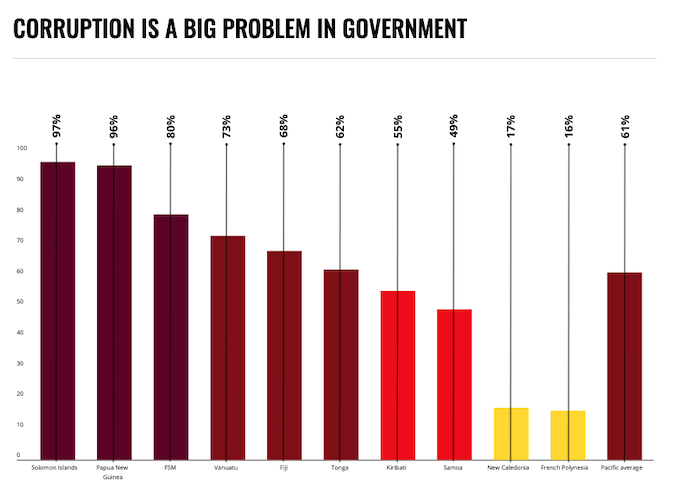
This content originally appeared on Asia Pacific Report and was authored by APR editor.
This post was originally published on Radio Free.
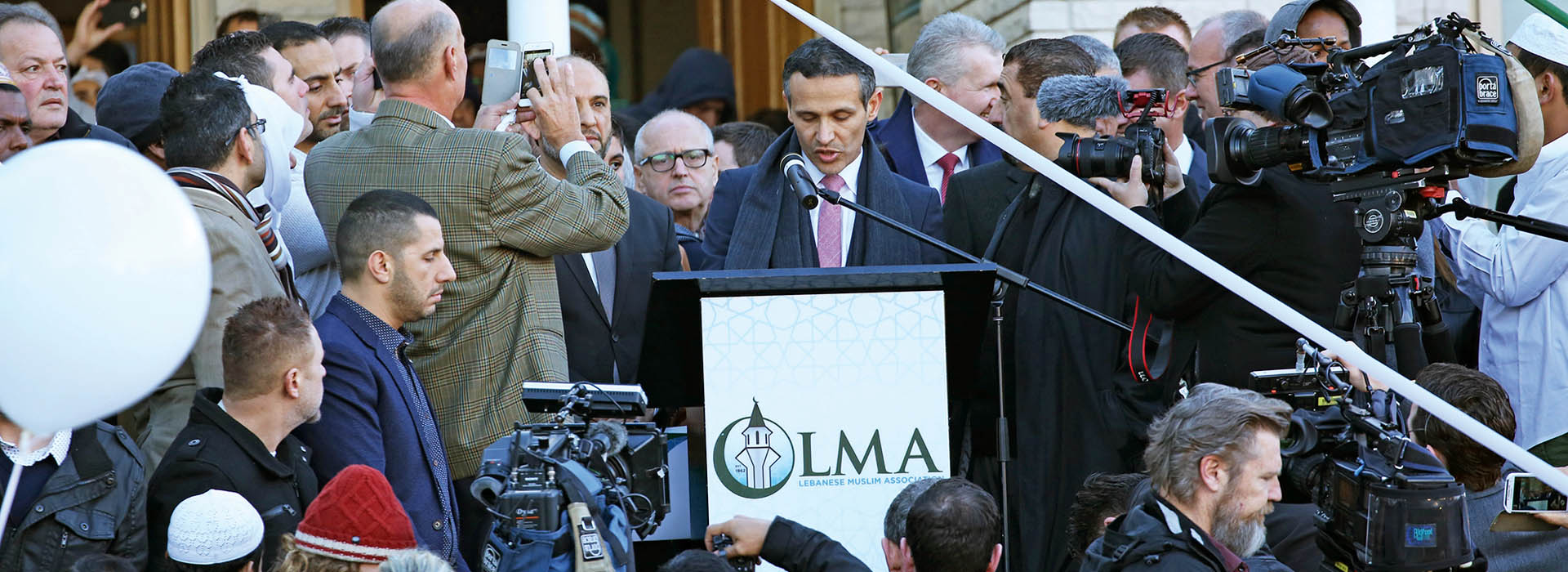
This post was originally published on Michael West Media.

This post was originally published on Michael West Media.

This post was originally published on Michael West Media.
New York, November 9, 2021 – Kyrgyz authorities should retract a recently devised bill increasing state control over the country’s public broadcaster and instead enact changes to safeguard the corporation’s editorial independence, the Committee to Protect Journalists said today.
On October 29, 15 prominent media representatives and advocacy groups issued a statement calling on Kyrgyzstan’s Cabinet of Ministers and Ministry of Culture to withdraw a draft law on OTRK, the state-funded broadcaster, according to the group’s statement and news reports.
The bill, “On the Kyrgyz Broadcasting Corporation,” has not been made publicly available but CPJ has reviewed a copy. The draft proposes altering the corporation’s official status from a “public television channel” to a “national state agency.”
As part of the changes, the broadcaster’s supervisory council, partially nominated by non-governmental organizations drawn from civil society, would be abolished, meaning the corporation’s general director will be appointed by the Kyrgyzstan president instead of the council.
The media representatives and organizations argue that these measures will remove public control over the broadcaster’s operations and legitimize “unlimited political interference” in its editorial policy.
“Proposals to grant the president the right to appoint the head of Kyrgyzstan’s state-funded broadcaster are deeply concerning and should be discarded at once,” said Gulnoza Said, CPJ’s Europe and Central Asia program coordinator. “While recognizing OTRK’s current shortcomings, the bill’s solutions run in entirely the wrong direction, and threaten to undermine journalistic freedom and ensure that the corporation will be nothing but a mouthpiece for state propaganda.”
Kyrgyzstan’s public broadcaster OTRK is the country’s largest and most watched television network, broadcasting on six television channels covering news, culture, sport and children’s TV, and five radio channels, according to news reports.
The corporation’s status was first altered from a “state” to a “public” broadcaster following Kyrgyzstan’s April Revolution in 2010, when the new authorities wanted to create a more politically impartial state-funded TV. Its 15-member supervisory council was given wide oversight powers over editorial policy and budgetary matters. Under current law, five council members are nominated by the Kyrgyzstan president, five by parliament, and five by civil society groups. The members serve for five years and elect the general director every four years.
Despite the initial success of the reforms, OTRK is frequently criticized inside Kyrgyzstan for alleged unobjective coverage and spreading state propaganda, according to news reports.
Under the new bill, the general director will be appointed by the Kyrgyzstan president at the nomination of the Ministry of Culture, although the law does not specify a set process. The statement from the 15 media representatives and organizations argues this will replace the transparency and competitiveness of the current appointment procedure with one closed to public scrutiny.
Media representatives fear the changes will grant the president increased power to interfere in broadcast content. Altynai Isaeva, a lawyer at the local independent media advocacy organization Media Policy Institute, told U.S. Congress-funded Current Time TV that under the proposed reform, the broadcaster’s editorial policy will be “totally dependent on [President Sadyr Japarov].”
Kyrgyz officials have given various explanations for the proposed changes. At a press conference on October 23, Japarov stated that reform was necessary because OTRK currently works in the interests of the supervisory council rather than the state and that the corporation ought to broadcast “national ideology.”
In their statement, the media representatives write that, although OTRK today has not become a de facto “public” broadcaster, “this says more about a lack of political will among the country’s leadership, which continues to interfere in the television station’s editorial policy,” and that the answer should instead be to provide reforms that bolster the corporation’s independence from the state.
Proposed changes to OTRK’s status are part of a wider process of legal reform that began with Japarov’s decree in February this year to review over 350 laws, reports stated. Authorities announced plans to revise three other key media laws, including the laws “On Mass Media” and “On Protecting the Professional Activity of the Journalist,” but the Justice Ministry promised to avoid making major changes to these laws for the time being following an appeal by media groups, Nurbek Sydykov, a lawyer with Media Policy Institute, told CPJ by messaging app.
The present drafts of these laws propose only insignificant alterations, Sydykov said.
CPJ emailed the Cabinet of Ministers and the office of the presidency of Kyrgyzstan and called the Ministry of Culture for comment but did not receive any replies.
This content originally appeared on Committee to Protect Journalists and was authored by Committee to Protect Journalists.
This post was originally published on Radio Free.
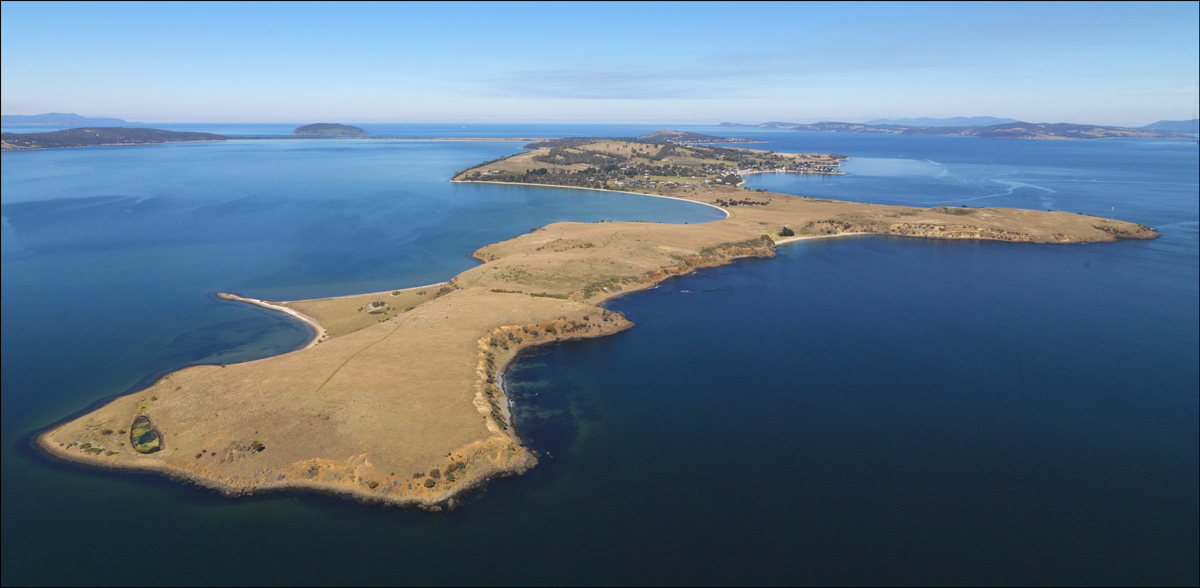
This post was originally published on Michael West Media.

This post was originally published on Michael West Media.
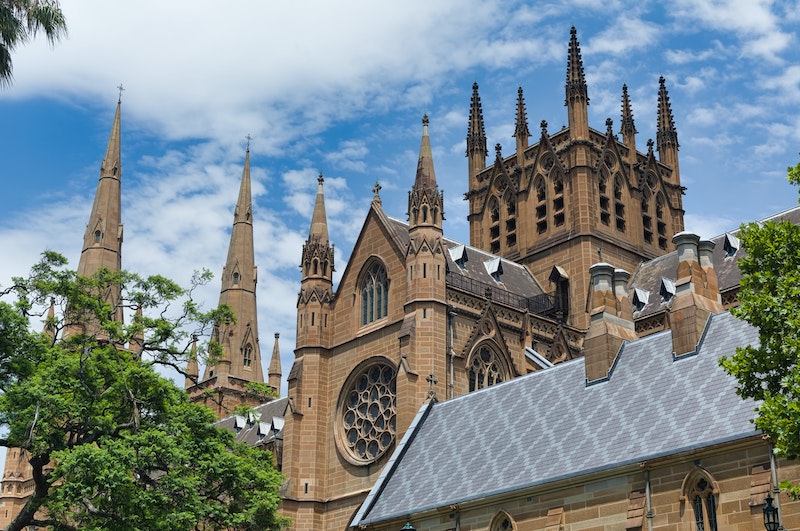
This post was originally published on Michael West Media.

This post was originally published on Michael West Media.

After over seven years of court hearings, arrests and strong resistance from the Mi’kmaw community, the controversial Alton Gas project has been cancelled!
This project would have used water from the Shubenacadie River in Nova Scotia to create large, underground storage caverns for natural gas. Members of the Sipekne’katik First Nation raised concerns that the project would damage and pollute the 73-kilometre tidal river with toxic brine making it dangerously saline, especially to native fish like the three-spined stickleback.
Dorene Bernard, a Mi’kmaq Grassroots Grandmother and Water Protector of the Sipekne’katik Band, described the river as “a major artery for our people” and that the river “has a very significant historical, spiritual and cultural relevance to who we are.”
Our heartfelt congratulations and gratitude go out to all of the water and land protectors, and the people of Nova Scotia, that made this happen.
This approach to fighting project by project from large companies trying to pollute our environment, especially where Indigenous, racialized and low income Canadians live, isn’t working. That’s why we need a national strategy to advance environmental justice. Earlier this month, we joined the Canadian Coalition for Environmental and Climate Justice (CCECJ) to call on the government to re-introduce Bill C-230. If re-introduced and passed, this Bill would examine the link between race, socio-economic status, and exposure to environmental risk. This is a critical first step toward acknowledging the legacy of environmental racism in Canada and ensuring that all people in Canada benefit from environmental protection policies.
Stay tuned on our progress to fight for better protections for people most vulnerable to harm from toxics and those living in communities where exposure is high; recognizing the right to a healthy environment for the first time in federal law; and the clean-up of contaminated sites.
The post Alton Gas project cancelled after years of strong Mi’kmaw opposition appeared first on Environmental Defence.
This post was originally published on Environmental Defence.

This post was originally published on Michael West Media.

This post was originally published on Michael West Media.

This post was originally published on Michael West Media.